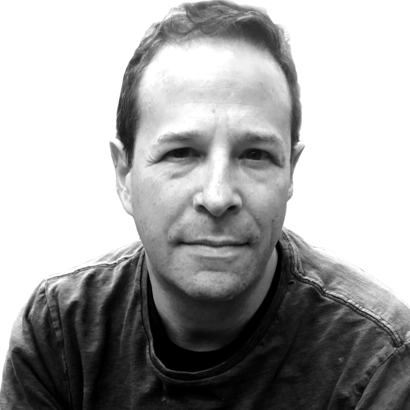I am an American, suburban-Chicago-born. There has always been a basic compact—call it a “covenant”—for such a person, at least for those of us, which is everyone other than Native Americans, with antecedents in one of the old countries of Europe, the Middle East, Asia, wherever.
It goes like this: you leave your tribal feuds, squabbles, and ancient baggage at the door when you enter and get freedom in return, not only of choice, profession, and association, but of identity. You get to choose who you are, what you believe, even what you remember. Even those who were dragged here forcibly and against their will can, finally, be offered that. That’s America, where, if you kiss the old thing good-bye, Issur Danielovitch becomes Kirk Douglas, and Dino Crocetti becomes Dean Martin. But as a Jew who started out as Zimmerman sang, “The times they are a’changin’.”


